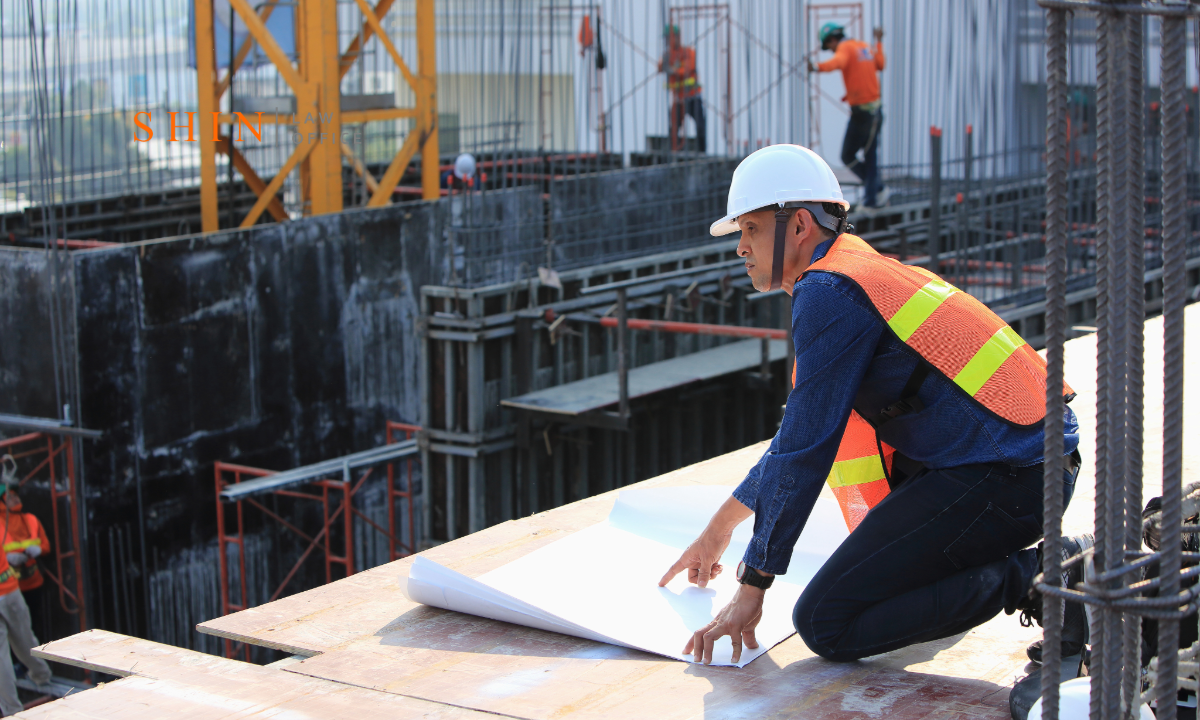By Anthony I. Shin, Esq. | Construction Litigation Attorney | Shin Law Office
SUMMARY
School and municipal construction projects in Independent Hill often face costly disputes over RFIs, submittals, and time extensions. Without strict documentation and clear contract terms, delays can trigger litigation, liquidated damages, and budget overruns. Shin Law Office helps contractors, subcontractors, and owners in Prince William County protect their rights, resolve conflicts quickly, and keep public works projects on track.
Independent Hill Construction Litigation Attorney – School & Municipal Project Disputes
Large-scale school and municipal construction projects in Independent Hill require more than just good workmanship; they demand airtight contract management.
When Requests for Information (RFIs), submittals, and time extensions aren’t handled correctly, disputes can spiral into costly litigation.
Why RFIs and Submittals Are So Critical
In school and municipal projects, RFIs and submittals are the backbone of project communication.
- RFIs (Requests for Information) clarify design ambiguities, resolve conflicts in drawings, or seek direction when field conditions differ from plans.
- Submittals confirm that materials, products, and methods meet contract specifications before installation.
When either is delayed, ignored, or poorly documented, the project’s schedule and budget can be thrown off, opening the door to legal disputes.
Common Disputes in Independent Hill Projects
From new classroom wings to municipal office renovations, we’ve seen recurring legal triggers:
- Late RFI responses are causing idle crews and delay claims.
- Submittals were rejected multiple times due to unclear or contradictory specifications.
- Disputed time extensions where the contractor claims excusable delays but the owner refuses extra days.
- Scope creep disguised as clarifications that balloon costs mid-project.
In school projects, these issues often overlap with strict academic calendar deadlines—meaning even a small delay can have outsized consequences.
Contract Language That Makes or Breaks a Case
The key to resolving RFI and time extension disputes lies in the contract. Strong provisions should:
- Specify response times for RFIs.
- Define exactly what constitutes an excusable delay.
- All submittals and change requests must be submitted in writing, accompanied by supporting documentation.
- Outline liquidated damages for missed deadlines without approved extensions.
Without this clarity, both public agencies and contractors risk expensive misunderstandings.
Strategies for Contractors and Owners in Prince William County
- Track every RFI and submittal through a centralized log with dates, responses, and approvals.
- Tie time extension requests directly to documented causes, like late RFI answers or owner-directed scope changes.
- Use contemporaneous records (daily logs, meeting minutes, correspondence) to prove your case if a dispute escalates.
- Engage legal counsel early when it’s clear a deadline will be missed or a design issue remains unresolved.
Why Local Legal Counsel Matters
School and municipal projects in Prince William County operate under specific procurement rules, Virginia Public Procurement Act requirements, and local contract standards.
An attorney experienced in construction litigation and public works disputes can quickly identify whether contract terms, project records, and county rules support your position.
If you’re a contractor, subcontractor, or municipal project manager in Independent Hill facing an RFI, submittal, or time extension dispute.
Shin Law Office can help protect your rights and resolve the matter before it derails your project.
— Anthony I. Shin, Esq.
Principal Attorney | Shin Law Office
Call 571-445-6565 or book a consultation online today.




